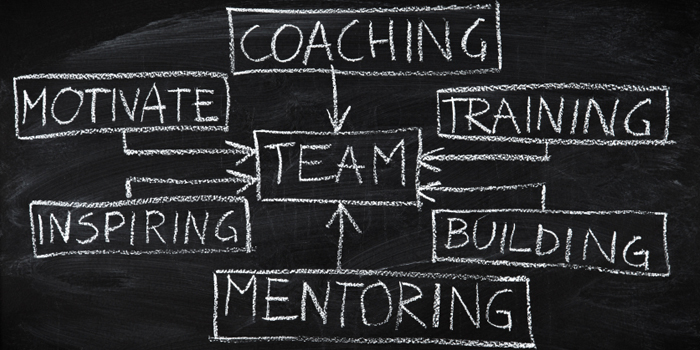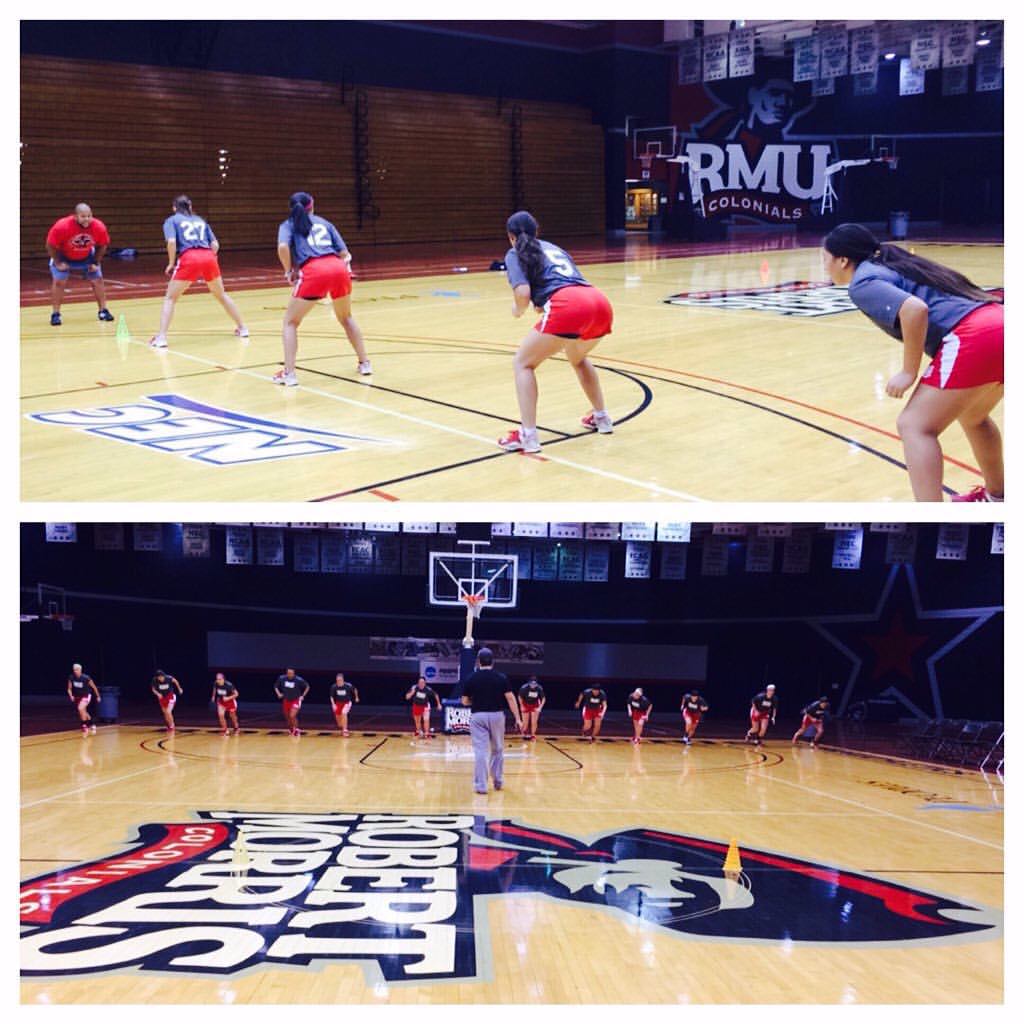
First and foremost I have to give credit where credit is due. I have to thank Coach Todd Hamer for inspiring me to start writing. Now, Coach Hamer didn’t sit me down in third grade English class and help me realize that I was a decent writer but reading his articles every week on elitefts.com showed me I could be a strength coach and also write (which has been a passion of mine since middle school).Therefore, I have to dedicate this article to Coach Hamer. Thank you for all your lessons and words of wisdom. I also have to give credit to a man I have never met but has inadvertently helped me grow exponentially as a coach. That man is Coach Buddy Morris.
I am by no means a seasoned vet in the field of strength and conditioning. I’ve been coaching for roughly four years and have been blessed to catch the attention of the right people who have helped me progress in this field. I’ve also been fortunate to have been humbled by some very good coaches and role models of mine in this industry. When I was first starting out in the profession, at the ripe young age of 21, I thought I knew it all. I would get my degree then I would become a head guy or assistant at a top 25 school. I also believed I knew everything there was to know about strength and conditioning. After all my degree was in strength and conditioning. So I had a degree that said I knew everything and I had an internship under my belt, hence I was ready to be a head guy. I’m sure, as many of you know, I couldn’t have been more wrong.
I spent a year or two serving as an intern at various schools before becoming a graduate assistant. And once again when I became a GA I thought to myself, “I know it all, I’ve made it! I’m at the top of the mountain!” I had gone to conferences, met various strength coaches and now trained my own groups. I had achieved it all. And again, I was completely wrong. The more time I spent around older coaches in the industry, the more I realized how little I actually knew. I had come to the realization that just because I read Tri-phasic Training doesn’t make me Cal Dietz.
RECENT: Five Rules for Developing Your Career As A Strength Coach
In the summer of 2015 I started to really develop as a strength coach. Listening to Coach Hamer talk really helped open my mind, and I thank him for that. We’re always searching for that hidden formula as to what’s going to make our program the best, and I’ll tell you that with Coach Hamer’s help I found it: be a great leader of men, be a positive force in your athlete’s lives, and keep it simple. That’s it. There’s no magic program, no scientific formula, none of that. What will make your program great is being a great coach.
My generation is full of young coaches who think they know everything. We judge and dissect but never take a moment to judge or dissect ourselves. Humility is lost in a lot of my generation as well as the fundamental belief that you have to be a good coach first and foremost. Information is so readily available that all we want is to hit search in Google and go into programming. Instead of asking our mentors how we are doing as coaches, we want to talk about programming. We want the quick keys to success instead of the long and tiring road to being a good coach. These wise words from Coach Buddy Morris, have always hit home with me: worry about being a great coach before you worry about programming.
For a long time due to sheer blind ignorance, I believed programming and scientific prowess made you a great strength coach. I was more worried about memorizing Bompa’s Periodization than I was worried about how I was actually doing as a coach. So you can imagine my utter shock and horror when I got to Robert Morris and Coach Hamer told me to read a book outside of strength and conditioning? If I wasn’t constantly reading about the science behind programming, how in the world was I going to become a better coach? By working on becoming a better coach.
Coach Hamer taught me how to simplify coaching cues and not over coach. He also taught me how to make a positive influence on my athletes by informing my athletes. A lot of young guys spend their time trying to make an impact in the weight room but rarely do we spend as much time trying to make the same impact on a player’s life. Just like the eighth grade girl suffering her first break up, we’re so preoccupied with our lives we don’t notice the lives of those around us. Thankfully, having the mentors I’ve had I was able to realize there’s a very real world outside of strength and conditioning. Great coaches are able to influence both.
I am not an anti-youth guy. I am not proclaiming myself the designated leader of strength coaches in my generation. I think there are a lot of good coaches in my generation. I think what has been lost on us is the fact that what makes a good coach a good coach is, in fact, the ability to coach. Not science or programming. I’m not saying the science isn’t important but sometimes you have to take the science out of things and just coach. Learn that books don’t always teach you practical application and just because you have a certification doesn’t mean you’re certified. There’s no test that can prepare you for when John Doe is having trouble at home and just needs a shoulder to lean on.
During my time as a graduate assistant, I experienced a situation that no book prepared me for. I was in the locker room after hours one night preparing myself a post workout shake that probably had enough calories in it to effectively defeat the purpose of my workout. I noticed one of our walk on athletes was sitting in the locker between classes and he seemed a little distraught. I inquired as to what was wrong with him. His response was that he was dealing with the struggles that come with being a walk on: lack of money. To paraphrase, he confessed to me that he needed to earn a scholarship due the fact he was trying to escape the life he had lived on the streets.
So what did I do? I sat down, played a few games of NBA2k15 on the team Xbox with him, and we talked. We talked about his past, my past, and the future he wanted for himself as well as the future I wanted for him. We outlined ways he could save money and cut corners. Then after beating me in a few games, he politely thanked me for all my support and went to class. These are the lessons you can’t be taught but have to prepare yourself for. That young man will remember that moment more so than he will ever remember how well I can coach an RDL. Moments like those are the ones I want to be remembered for and not by my peers but by my players.
What I want to leave you with is this. Whether you’re just getting into this field or have recently become a graduate assistant, stay humble. Never stop learning and improving yourself. The field of strength and conditioning isn’t a field to show case your superior knowledge over your peers, the field is a platform to positively impact the lives of those around you. Worry about informing, improving and impacting your athletes first and foremost. It takes little to no effort to change someone’s life in a positive way. At the end of the day it’s not about us. Sell out each and every day for your athletes, coach your butt off, and keep grinding.
Donald Day is currently an assistant strength and conditioning coach at American University. Prior to American, Don had a brief stint at Robert Morris University as well as serving as a graduate assistant with the University of Akron's football strength staff. At American, Don oversees the strength and conditioning program for mens's/women's track as well as the implementation of the speed and agility program for various sports.










